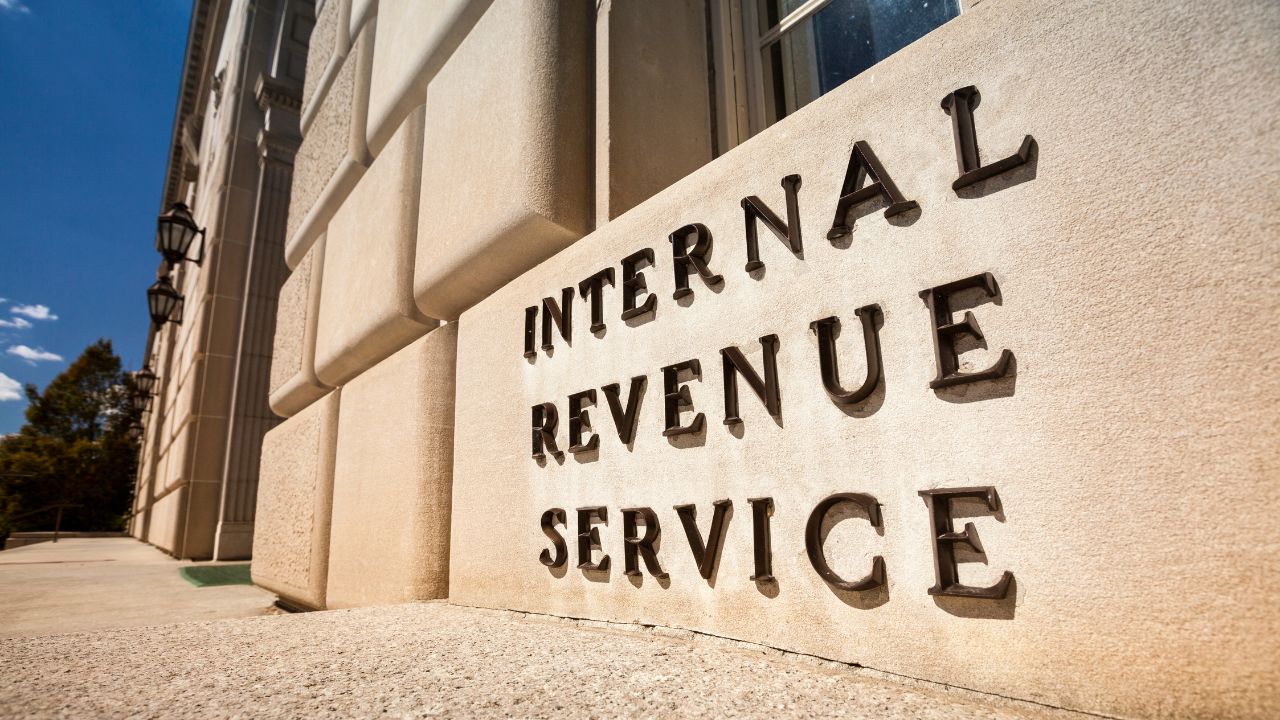
New IRS Provision Offers Interest-Free, Penalty-Free Emergency Withdrawals from Retirement Accounts
The Internal Revenue Service (IRS) has introduced a new provision that allows individuals to withdraw up to $1,000 from their traditional retirement accounts for emergencies, without incurring the usual penalties. This move aims to provide quicker and easier access to funds in times of need, reflecting a broader effort by Congress to make retirement savings more versatile in emergencies.
Simplified Access for Emergencies
Previously, accessing retirement savings penalty-free required specific circumstances and substantial paperwork. However, under the new rule, you can define your own emergency and withdraw up to $1,000 without needing to specify the details. This means faster access to funds for any self-defined emergency, including medical care, funeral expenses, auto repairs, or other necessary personal expenses.
This change follows the IRS’s clarification of what counts as an emergency personal or family expense under a 2022 retirement law that took effect this year. The aim is to help individuals manage unexpected financial strains without the burden of penalties.
Who Benefits?
The new provision is particularly beneficial for low- to moderate-income Americans who may not have sufficient emergency savings. This option provides a faster and cheaper alternative to credit cards or personal loans. Preliminary feedback suggests that the flexibility to access funds in an emergency may encourage some individuals to increase their retirement savings.
Important Details
While this provision offers significant flexibility, there are some important details to consider:
- One Withdrawal per Year: You can only make one emergency withdrawal annually.
- Minimum Account Balance: If your account balance is less than $1,000, you can only withdraw up to the amount that leaves at least $1,000 in the account.
- Repayment: You have three years to repay the withdrawn amount, either into the same retirement account or another one in your name. However, repayment is not mandatory.
- Limited Adoption: Not all employer-sponsored 401(k) plans have adopted this new provision, so availability may vary.
Considerations and Risks
While this new option provides a valuable safety net, it’s crucial to consider the long-term implications. Withdrawing from your retirement savings can impact your future financial security. Additionally, while the 10% penalty is waived, you will still owe income tax on the withdrawn amount if it is not repaid.
Ian Berger, an IRA analyst, emphasizes the importance of not overlooking the tax implications of these withdrawals. It’s easy to focus on the penalty exemption and forget about the income tax due.
The IRS’s new $1,000 emergency withdrawal provision offers a flexible and accessible option for those facing financial emergencies. By simplifying the process and removing penalties, it provides a valuable tool for managing unexpected expenses. However, individuals should weigh the immediate benefits against the long-term impact on their retirement savings and be mindful of the associated tax obligations.




